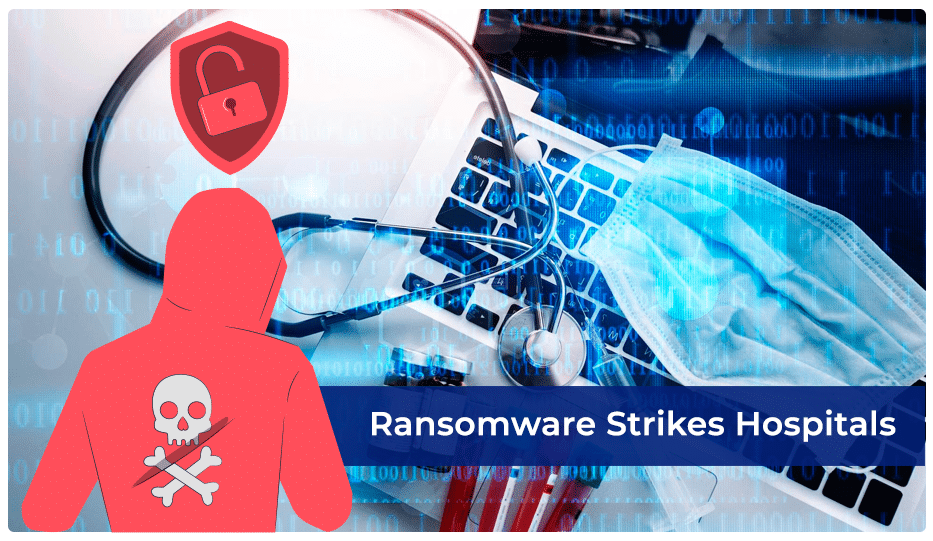
Hospitals faced significant challenges this week as ransomware attacks disrupted crucial services, impacting patient care and medical operations.
Despite assurances from groups like LockBit that hospitals would be spared encryption, affiliates continue to target healthcare facilities with little regard for the ensuing disruptions.
LockBit maintains a policy that affiliates can only pilfer data without encrypting hospital systems. However, these attacks force hospitals to shut down their IT systems to prevent further compromise, resulting in the loss of access to vital medical records, electronic prescriptions, patient portals, and diagnostic reports.
Major Incidents this year so far include attacks on Lurie Children’s Hospital in Chicago and Saint Anthony Hospital in December, the latter claimed by LockBit.
Ransomware groups often assert that their actions are solely business-oriented, focused on financial gain rather than personal harm. However, for families facing postponed surgeries or disrupted medical treatments, the impact is deeply personal and profoundly distressing.
As hospitals strive to navigate these challenges and restore normalcy to patient care, the resilience of healthcare systems and the need for enhanced cybersecurity measures become increasingly apparent.
The ongoing threat of ransomware underscores the critical importance of safeguarding medical infrastructure and ensuring uninterrupted access to essential healthcare services.
To help you protect yourself from ransomware attacks, we also have a 10-step plan ready.